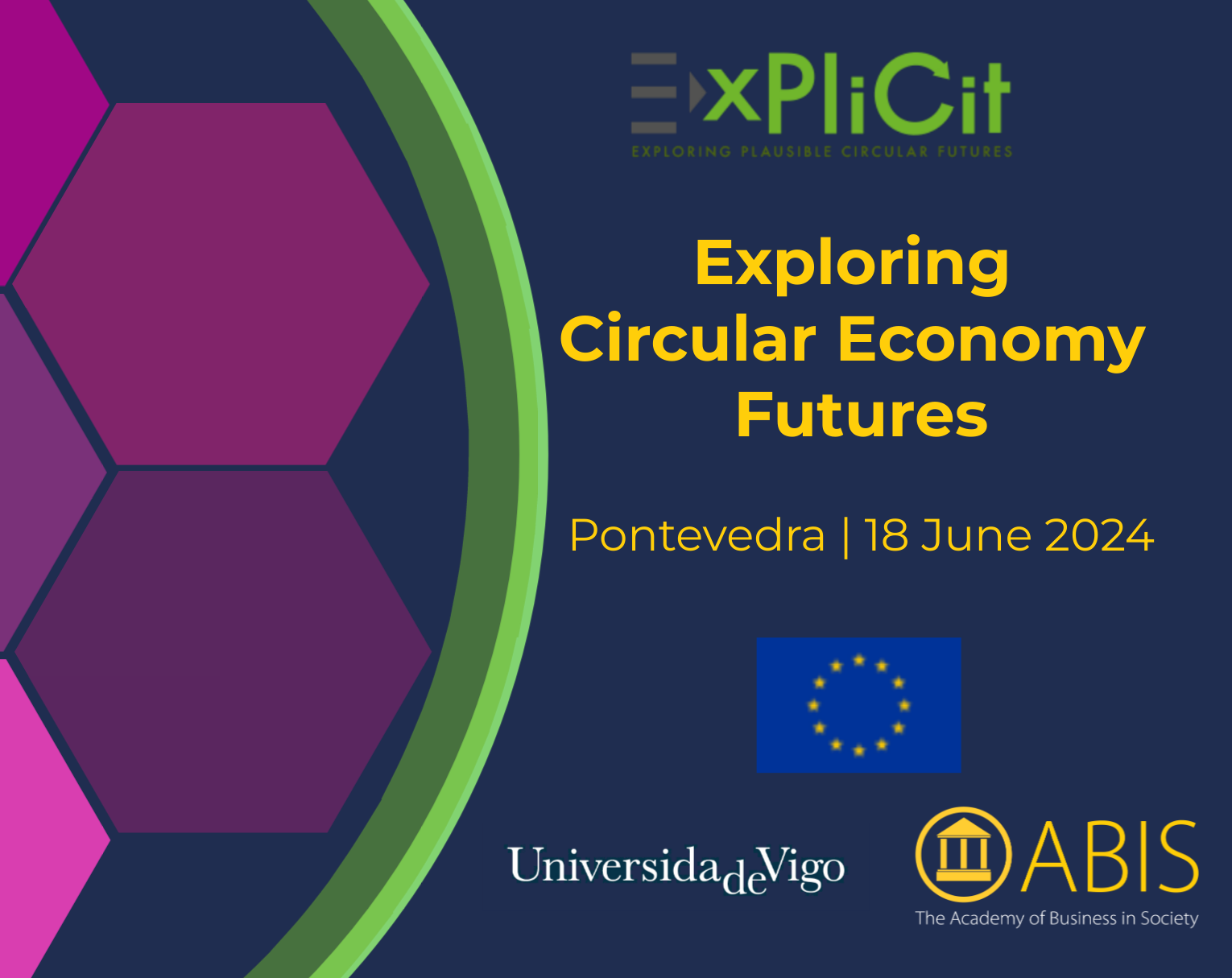Futures of Business Education 2055

ABIS is pleased to invite you to the launch event of the brand new “Futures of Business Education 2055” Report on June 5th at 15.00 CEST online, where the results of the related collaborative foresight initiative will be presented.
- What and how will be taught in business schools’ curricula in 2055?
- What kind of research will be conducted and how in 2055?
- How will business schools function and be organized in 2055?
Business education is facing a sea change to build the capacity of societies to engage in a sustainable transition. True to its mission, ABIS believes that more than ever business schools need to take responsibility for the mindsets, frameworks, and management theories they teach and to transform their practices, curricula and research as laid out in our latest position paper (Teerikangas et al., 2022).
For these reasons, in May 2022 we decided to embark on the journey to understand how business education could change over the next 30 years through the lens of futures studies and foresight. The aim of this initiative is to offer original, novel insights and solutions to foster pedagogical innovation and dialogue around management theory as well as institutional transformation in business education.
During the event, we will present the outcomes of this two year-long stakeholder engagement journey, four alternative plausible scenarios of business education, within their broader socio-economic contexts:
- Scenario 1: Striving for unity, characterized by a paradigm shift towards circular economy and increasing globalization
- Scenario 2: Striving for growth, characterized by a business as usual, linear economy paradigm and increasing globalization
- Scenario 3: Striving for independence, characterized by a business as usual, linear economy paradigm and increasing localization
- Scenario 4: Striving for connection, characterized by a shift towards circular economy and increasing localization
The scenarios vary considerably, provide starting points for responsive and adaptive strategies and policies, and provide insights to develop flexibility in the process of continuously developing and improving these strategies.
We invite decision-makers within business schools, policy makers and other relevant organizations with responsibilities in Innovation, Sustainability, Human Resource Development, Talent Development, and Learning & Development.
In case the registration widget does not work, please register via this site.
Speakers
Laurent Bontoux
Senior Foresight for Policy Expert, European Commission Joint Research Centre

Cat Spellman
Assistant Professor, Durham University Business School

Karolina Sobczak
Senor Manager Professional Development, ABIS

Programme
- 5 JUNE 2024
|
15.00 – 15.05 |
Welcome and opening
|
|
15.05 – 15.25 |
Highlight speeches
|
|
15.25 – 16.05 |
Key findings of the report
|
|
16.05 – 16.15 |
Use and next steps |
|
16.15 – 16.30 |
Q&A |


.png)
